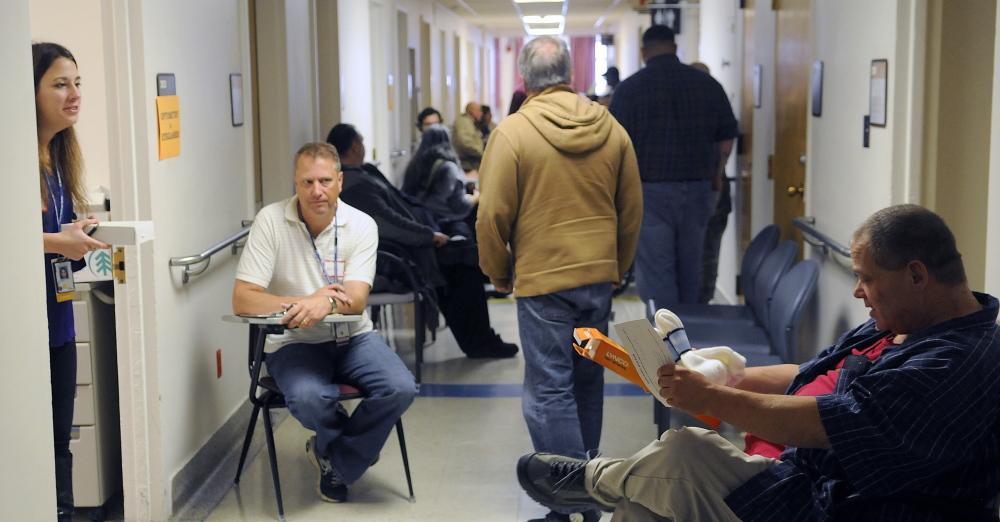The Obama administration may not have reached its ambitious goal to end veteran homelessness, but the effort itself – and its tremendous success – revealed an important truth: An end to homelessness, veteran and otherwise, is within our reach, if only we want to grab it.
President Obama set the goal in 2010, pledging to end veteran homelessness by 2015. The deadline was later reset to 2016 and then set aside altogether, with the agencies and organizations involved in the initiative now committed to a longer fight.
But that doesn’t make it a failure. Veteran homelessness is down 47 percent since 2010, with about 35,000 veterans finding homes. According to the U.S. Department of Housing and Urban Development, veteran homelessness has been effectively ended in Connecticut, Delaware and Virginia, as well as in about 35 communities.
The progress was made through a program that offers vouchers through HUD that allow veterans to obtain housing, along with case management and clinical services through the Department of Veteran Affairs that address the conditions that often lead to homelessness, such as mental illness, substance abuse and lack of job skills.
From 2008-2016, 90,000 housing vouchers were distributed, at a cost of $635 million. The total federal funding dedicated toward veteran homelessness increased from $399 million in 2009 to $1.37 billion in 2014.
The increased funding and attention given to the problem led to improved coordination between federal agencies and the nonprofit organizations that deliver services, and it sent a clear message that homeless veterans were a priority. As a result, homeless veterans were increasingly identified and put on the right path with the right supports.
In Maine, the number of homeless veterans has been falling steadily as homeless vets were found and pointed toward the newly enhanced services. In addition, organizations like the Preble Street Veterans Housing Services work to single out vulnerable veterans and prevent homelessness in the first place.
Now, programs such as the Cabin in the Woods in Chelsea, on the grounds of the VA hospital at Togus, and an Augusta home for female veterans aim to provide housing and services for veterans, allowing them to get on their feet.
The same approach should be replicated in a wider way. Besides their status as former members of the military, there is nothing separating homeless veterans from the homeless population as a whole. They all face the same factors – untreated mental illness and substance abuse, disability, lack of affordable housing, insufficient public assistance, and persistent unemployment and poverty.
The veteran initiative overcame those factors, and there’s no reason it can’t work with the wider homeless population too – it will just take the same well-funded and dedicated effort. The homeless need access to health care and job training. They need vouchers and affordable housing, especially in places like Portland where the housing market is tight.
The experience with veterans shows we can all but end homelessness – we just have to make it a priority.
Send questions/comments to the editors.


